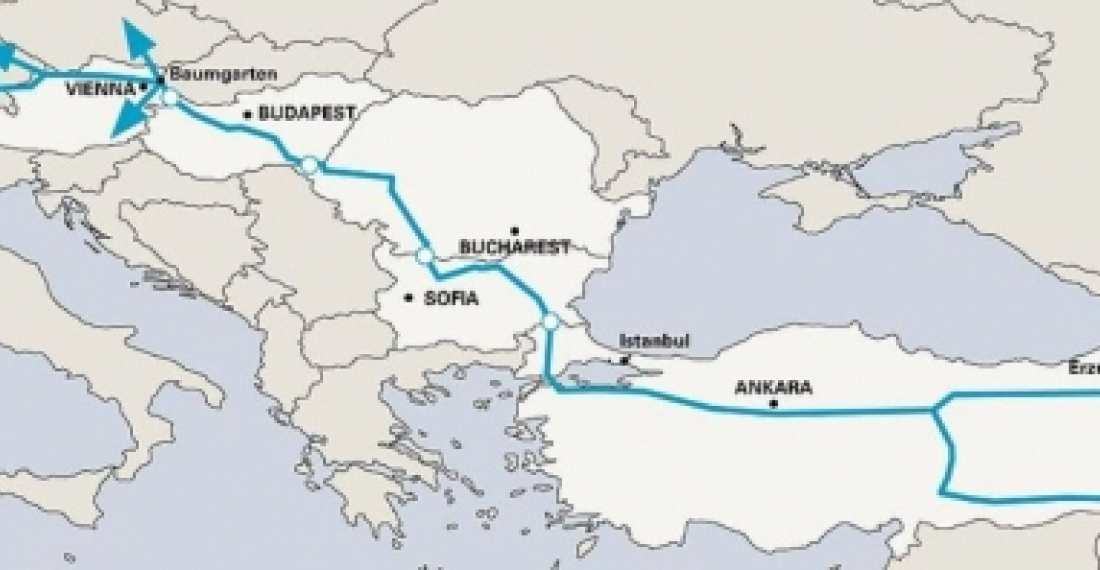The European Union has adopted a mandate to negotiate a legally binding treaty between the EU, Azerbaijan and Turkmenistan to build a Trans Caspian Pipeline System. This is the first time that the European Union has proposed a treaty in support of an infrastructure project.
The 27 member states of the EU have mandated the European Commission to lead the negotiations on the Treaty on their behalf.
This decision is a direct follow-up of the visit of President José Manuel Barroso and Energy Commissioner Günther Oettinger to Baku and Ashgabat in January 2011 and their meetings with Presidents Aliyev and Berdimuhamedov. It constitutes a milestone in the realisation of the Southern Corridor and is the first operational decision as part of a co-ordinated and united external energy strategy, announced by the European Union earlier this month. (read it here)
Energy Commissioner Oettinger stated that: "Europe is now speaking with one voice. The trans-Caspian pipeline is a major project in the Southern Corridor to bring new sources of gas to Europe. We have the intention of achieving this as soon as possible."
The Trans-Caspian Pipeline agreement will set the basis for the construction of a submarine pipeline connecting Turkmenistan to Azerbaijan, and in turn link this pipeline to infrastructure that will bring gas from Central Asia to the EU.
source: European Commission, with additional reporting by commonspace.eu
Picture: Map of the proposed Nabucco Pipeline. The proposed Trans Caspian Pipeline pipeline is expected to connect to Nabucco through Azerbaijan, Georgia and Turkey.







